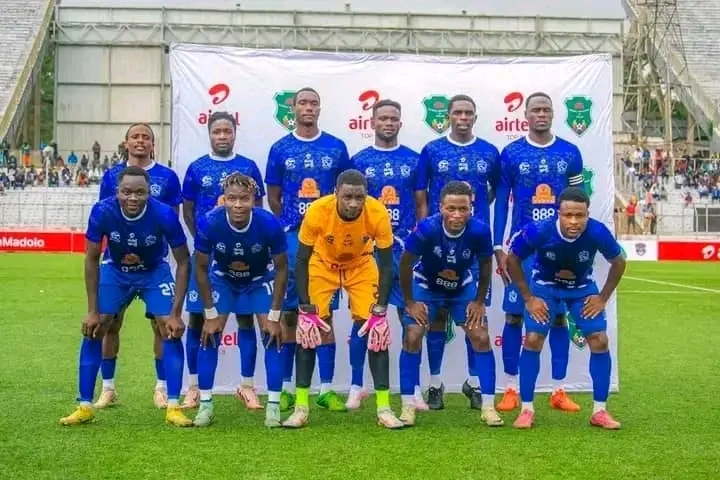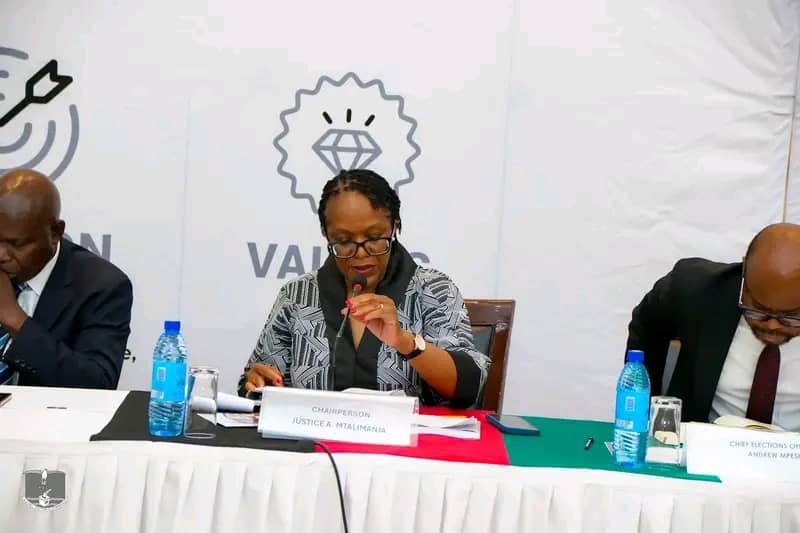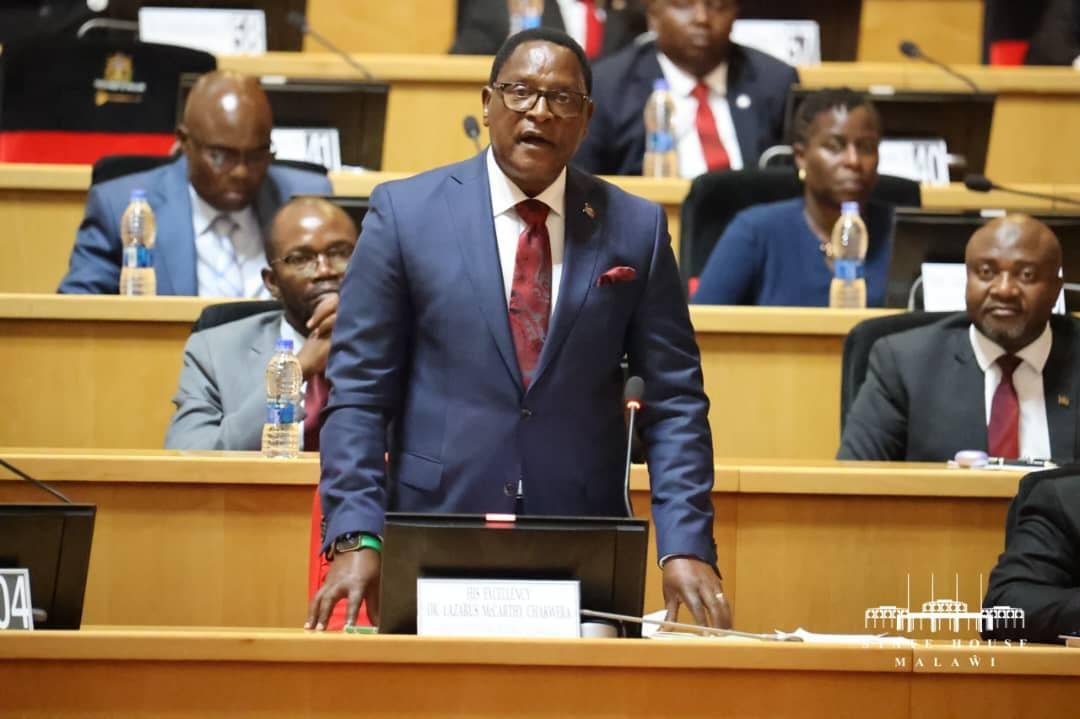By Jones Gadama
In the world of football, sponsorship plays a crucial role in the development and success of teams. It provides the necessary financial backing that allows clubs to invest in talent, facilities, and overall infrastructure. However, when a team consistently underperforms despite significant support, it raises questions about the effectiveness of that sponsorship. This is the situation we find ourselves in with Mighty Wanderers, a team that has enjoyed the backing of Thom Mpinganjira but has failed to deliver results on the pitch.
After their recent distressing loss to Karonga United in the Airtel Top 8 quarter-finals, it is time for Mpinganjira to reconsider his sponsorship of the team.
Mighty Wanderers, a club with a rich history and a passionate fan base, has long been a staple of Malawian football. The team has seen its fair share of highs and lows, but the current trend of underachievement is alarming.
Despite the massive support from fans and the financial backing from Mpinganjira, the team has struggled to find its footing in recent seasons. The loss to Karonga United was not just another defeat; it was a stark reminder of the team’s ongoing struggles and the urgent need for change.
One cannot overlook the fact that Mighty Wanderers boasts a roster filled with capable players. The talent is undoubtedly there, yet the results on the pitch tell a different story.
This disconnect raises critical questions: Why is the team underperforming? What is preventing these skilled players from translating their potential into success? The answers to these questions are complex and multifaceted, but one thing is clear: the current trajectory is unsustainable.
The loss to Karonga United was particularly distressing for fans who have invested their time, emotions, and resources into supporting the team. The Airtel Top 8 tournament is a prestigious competition, and for a team with the history and stature of Mighty Wanderers, exiting in the quarter-finals is simply unacceptable.
This defeat not only reflects poorly on the players but also on the management and coaching staff. It is a wake-up call that should prompt a thorough evaluation of the team’s strategies, tactics, and overall direction.
In the wake of such disappointing performances, it is essential for the team to go back to the drawing board. This process should involve a comprehensive analysis of the team’s strengths and weaknesses, as well as a reevaluation of the coaching staff’s approach.
The players need to come together, engage in honest discussions, and identify the barriers that have hindered their performance. It is time for the team to “bang heads” and unlock the potential that has been so evident in individual players but has yet to materialize as a cohesive unit on the field.
Moreover, the role of sponsorship in this equation cannot be overlooked. Thom Mpinganjira’s financial support has undoubtedly provided the team with resources that many clubs can only dream of.
However, the question arises: is this investment yielding the desired results? If the team continues to falter despite the backing, it may be time for Mpinganjira to reconsider his involvement.
Sponsorship should not be a one-sided affair; it should be a partnership that fosters growth and success. If the team is not meeting its potential, it may be in the best interest of both parties to reassess the relationship.
The reality is that football is a results-driven business. Fans expect their teams to compete at the highest level, and when they fail to do so, frustration and disappointment set in. Mpinganjira, as a prominent figure in Malawian football, has a reputation to uphold.
Continuing to sponsor a team that is consistently underperforming could tarnish that reputation and lead to questions about his judgment. It is essential for him to weigh the benefits of his sponsorship against the backdrop of the team’s performance.
Furthermore, the emotional toll on fans cannot be underestimated.
The supporters of Mighty Wanderers are some of the most passionate in the country. They live and breathe the team’s fortunes, and each defeat is a blow to their pride and loyalty.
The loss to Karonga United was not just a game; it was a moment that encapsulated the frustrations of a fan base that has been waiting for a turnaround for far too long. Mpinganjira’s continued support, while commendable, may not be enough to quell the growing discontent among fans who are desperate for change.
It is time for Thom Mpinganjira to take a step back and evaluate the situation at Mighty Wanderers. The team’s consistent underperformance, highlighted by the recent loss to Karonga United, is a clear indication that something is amiss.
While the players possess the talent to succeed, the current trajectory is unsustainable. It is crucial for the team to return to the drawing board, engage in honest discussions, and identify the barriers to success.
Mpinganjira’s sponsorship has provided valuable resources, but if the team continues to falter, it may be in the best interest of both parties to reconsider their partnership. Football is a results-driven business, and the time for change is now.




